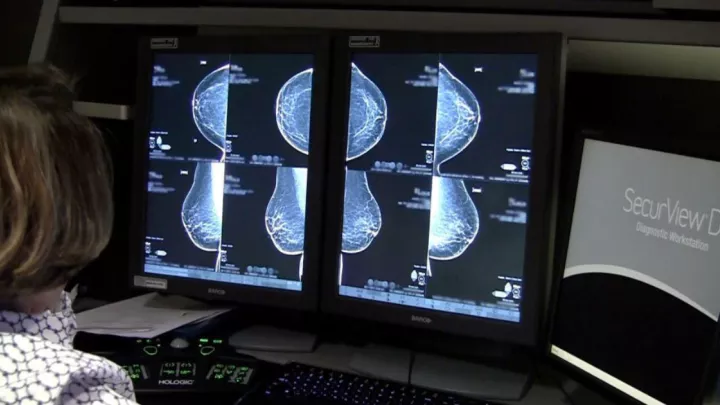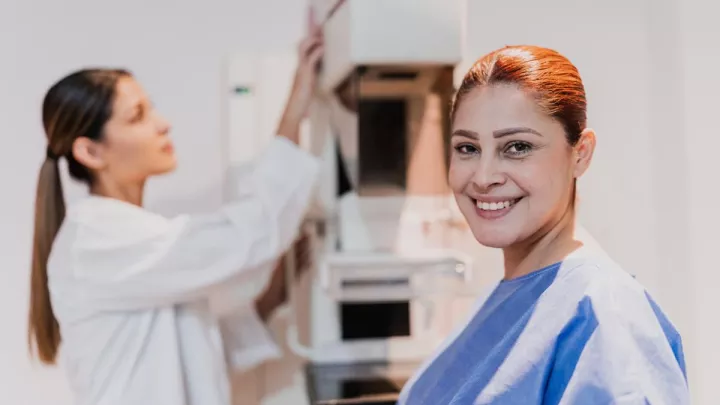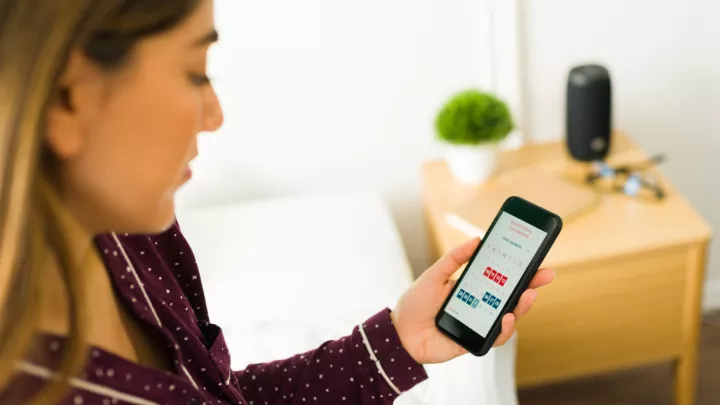Battling breast cancer during the COVID-19 pandemic
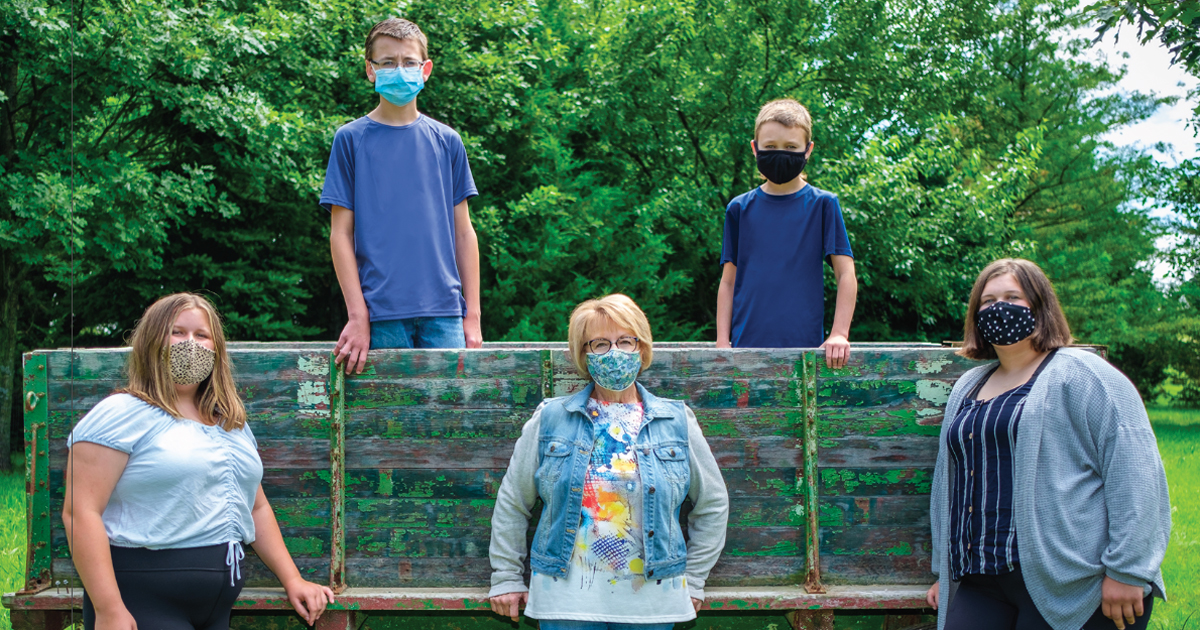
As she had many times before, Lory Falk went in for her annual breast exam. All of the three tests came back negative. But Falk and her primary care provider, Tammy Burke, MD, saw something that gave them both pause. To find out what it was, Dr. Burke called in a breast specialist to do a biopsy. The biopsy revealed breast cancer. "That was the last appointment I had without wearing a mask," Falk remembers.
As Falk met her care team to discuss treatment options, COVID-19 continued to spread. Falk says, "I couldn't change what was happening with COVID-19 and knew that being upset wasn't going to help. I had never met my team before. But instantly, I knew I trusted them."
Every breast cancer patient has a multidisciplinary team with medical oncologists, surgeons, radiation oncologists, case managers and other cancer specialists. They work together to treat each individual's cancer from multiple angles.
Surgical oncologist Jessica Maxwell, MD, MSc, says one of the challenging things about breast cancer is all of the different information patients have to sift through. "Just because someone's mother or friend had a certain type of breast cancer treatment, it doesn't mean that's the only option for them."
Together with Falk, her care team planned to remove her cancer surgically with a lumpectomy. Because of COVID-19, they postponed the surgery for a few weeks while treating the nonaggressive cancer with medication. Falk was given an estrogen-blocking pill to prevent any potential spreading.
Holding hands during a stressful time
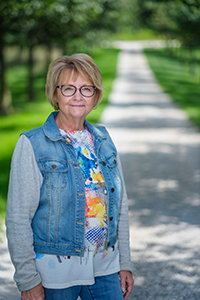
A little while later, Dr. Maxwell gave Falk a call and asked if she was ready for surgery. Shortly after, Falk had a COVID-19 test (negative) and another mammogram. The tumor was the same size and in the same location. Falk felt prepared on day of the surgery. "Dr. Maxwell explained everything perfectly to me. I knew what to expect, even though I didn't know what to expect," she says.
To protect patients and staff, visitors couldn't come to the clinic during the height of local COVID-19 hospitalizations. "The thing that impressed me the most was Dr. Maxwell's compassion when my family couldn't be with me. She stood there and held my hand just before surgery. I will never forget that," says Falk. Nurses and doctors called her husband frequently throughout the day with updates. "For something that was so scary, it was an exceptionally good experience," says Falk.
After the surgery was over, Falk went home to see her husband. She felt great, saying, "Nothing hurt! It was unbelievable. I took a single painkiller that night. I don't know what magic wand they waved, but that was the best part of all."
Dr. Maxwell says, "Lory is a ray of sunshine. Living with cancer is stressful, but she handled it with grace. It felt good that she completely put her trust in our team."
The next step: Conquering radiation
After the lumpectomy, the next step was radiation.
For her part, Falk was relieved to only have radiation and not chemotherapy, saying, "That thoroughly excited me, because more than anything I didn't want to do chemo."
Falk had regular radiation treatments at the Cancer Center at Village Pointe Health Center with radiation oncologist Andrew Wahl, MD. As a small business owner, Falk had to put her work entirely in the hands of her daughter-in-law, son and husband while she recovered. "I kept myself quarantined at home," she says. "It was tough not being there with them. I also couldn't take anyone with me to my radiation treatments. But at the clinic, everyone, and I mean everyone, was just a sweetheart. They were super encouraging, supportive and compassionate with me and everyone else."
Dr. Maxwell was ecstatic to see Falk's progress. "Seeing my patients' milestones is one of the best parts of my job. I love working with incredible women like Lory."
In early July, Falk was all done with treatments. "I'm feeling really good now. My grandkids are my saving grace – they pamper me nonstop. My house smells like Lysol, but I'm not living my life scared. Life turned out to be way more normal than I expected."


